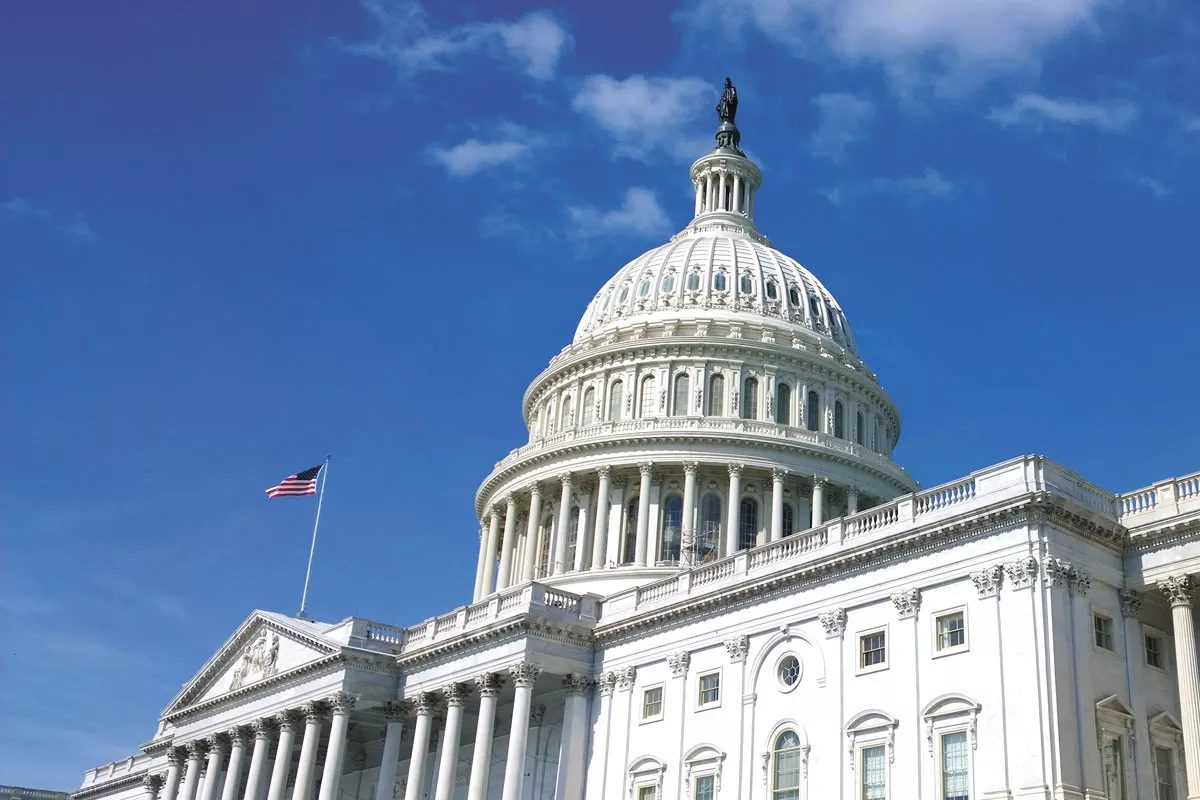There's no end in sight for the fight against federal prohibition, but late July's flurry of congressional activity shows that cannabis reform advocates are only gaining steam.
It started with Hawaii Democratic Rep. Tulsi Gabbard's amendment to a bill that would allow members of the military to use CBD — which the Inlander covered in last week's Green Zone section. Gabbard's amendment, and the bill it was attached to, passed the House with relative ease. Ten days later, on July 30, Democratic Rep. Earl Blumenauer of Oregon introduced an amendment restricting the Department of Justice's ability to interfere with cannabis markets in states where it is legal.
In his statement on the floor of the House, Blumenauer referenced how much has changed since California, in 1996, became the first state to legalize medical marijuana. At present, a majority of voters, in both major parties, support federal legalization. Congress and the current administration have both been unwilling to take that step, however, and the Democratic Party platform under Joe Biden stops short as well.
"In the meantime," Blumenauer said to Congress, "until that day of reckoning comes, we must pass this amendment to assure the federal government does not interfere with state-legal cannabis activities, and that we extend those same protections to tribal interests."
Ultimately, Congress did choose to pass Blumenauer's amendment. Thirty-one Republicans voted with the majority, and it passed 254-163. Congress then passed the larger bill it was attached to — H.R. 7617, an appropriations package for the Department of Defense — by a vote of 217-197. In that vote, though, no Republicans voted with the majority.
A party-line split like that doesn't bode well for the legislation as it heads to the Republican-controlled Senate. In his statements before the vote, Blumenauer alluded to the potential futility of sending cannabis legislation to the upper chamber.
"We passed the SAFE Banking Act on the floor of this House earlier in the Congress with 321 bipartisan votes," Blumenauer said. "Sadly, it is still languishing in the Senate."
While it's too soon to know if either piece of legislation will have any tangible impact, it's safe to say neither will be a body blow to federal prohibition. They're punches that might not even land, but that they're being thrown in the first place shows just how rapidly the tide is changing in the fight against prohibition, especially in the House. ♦

